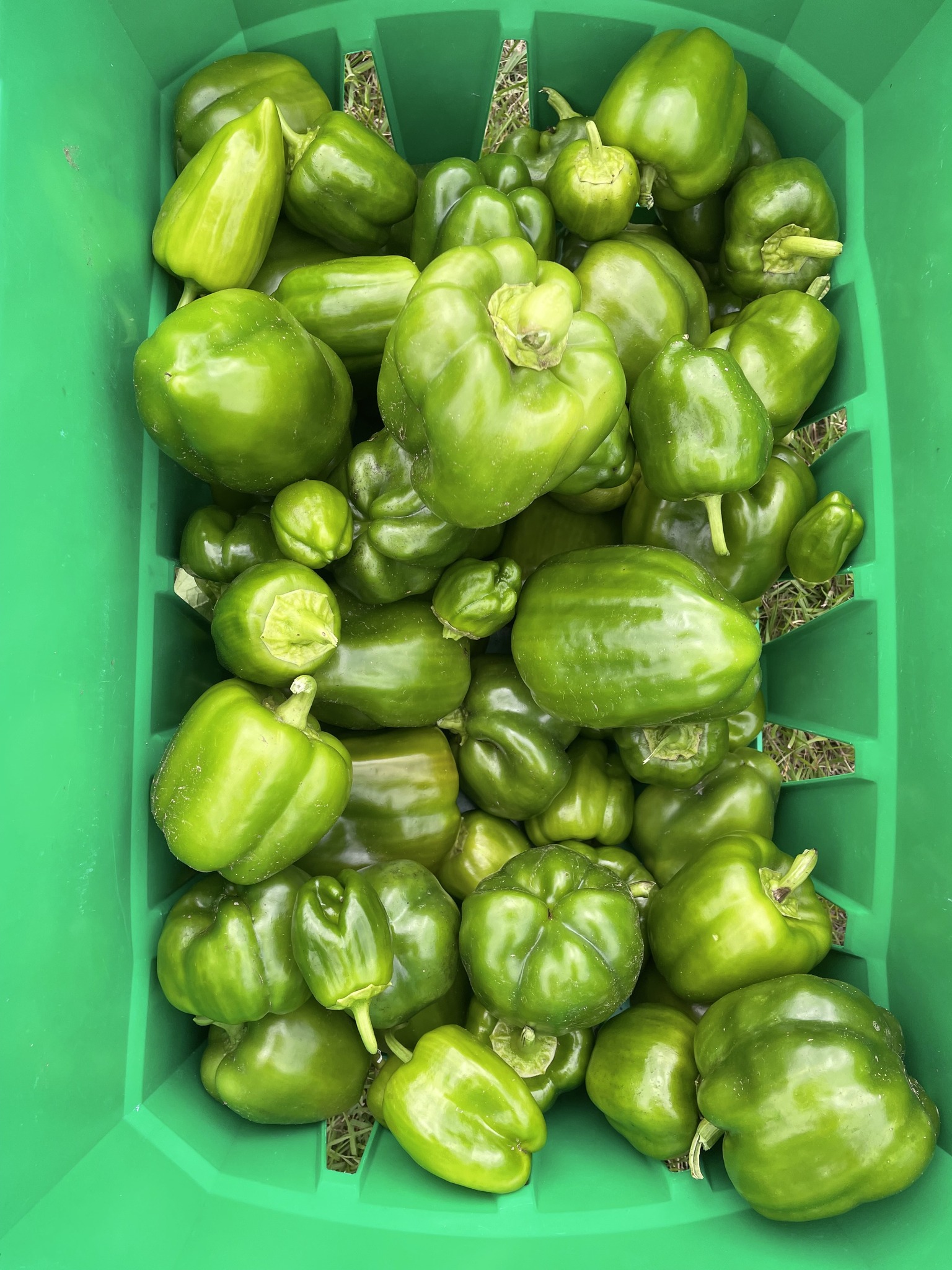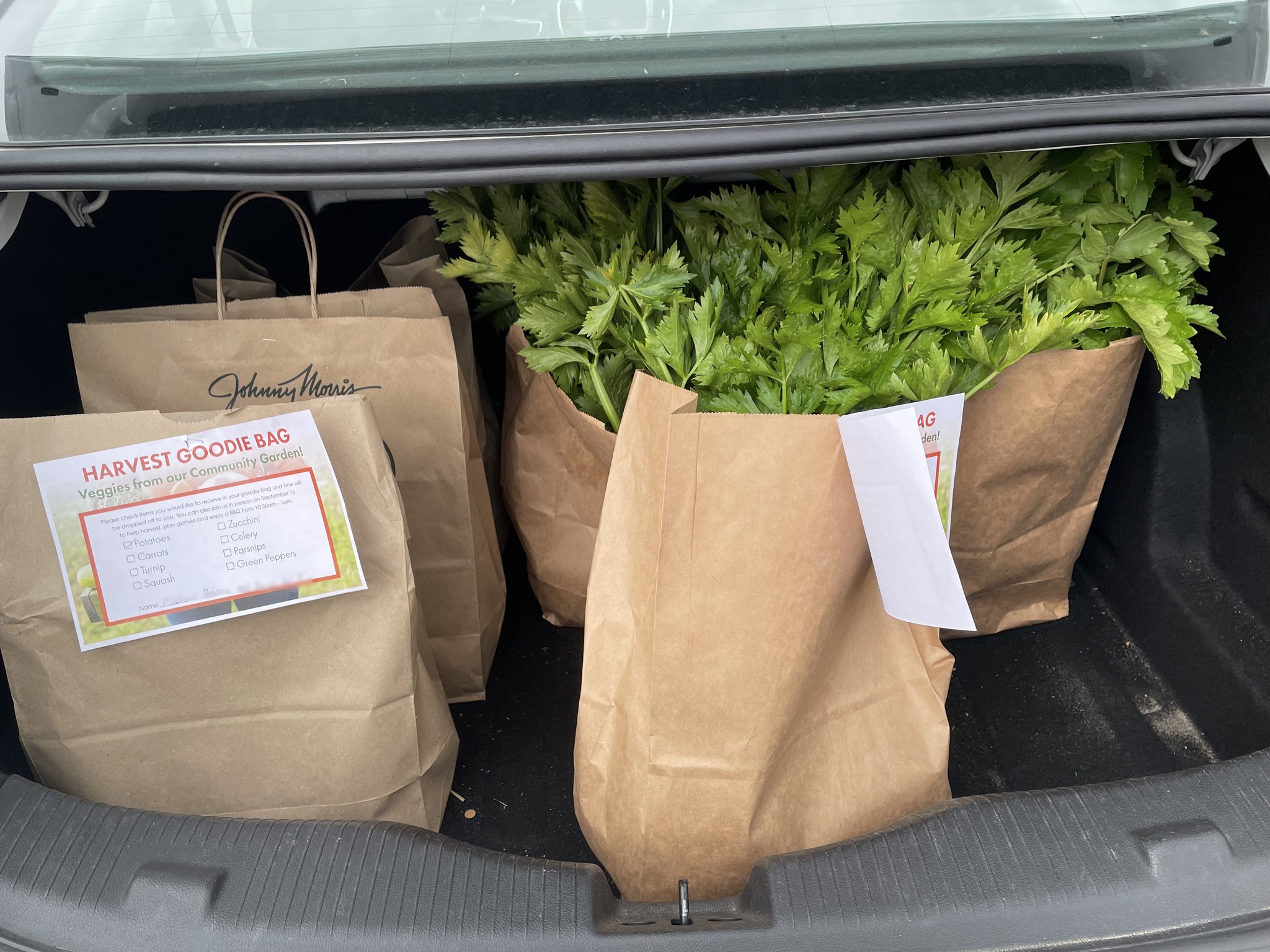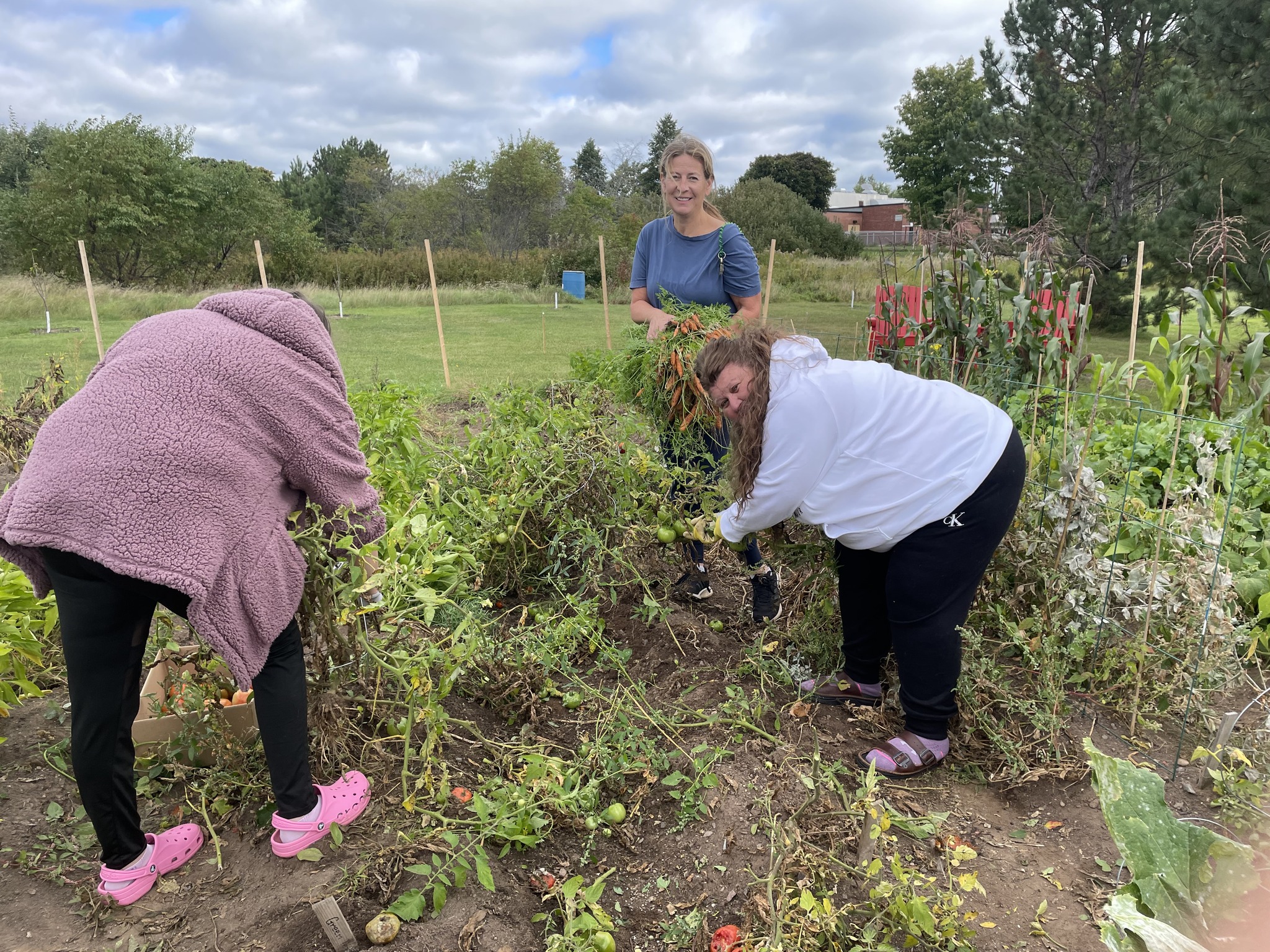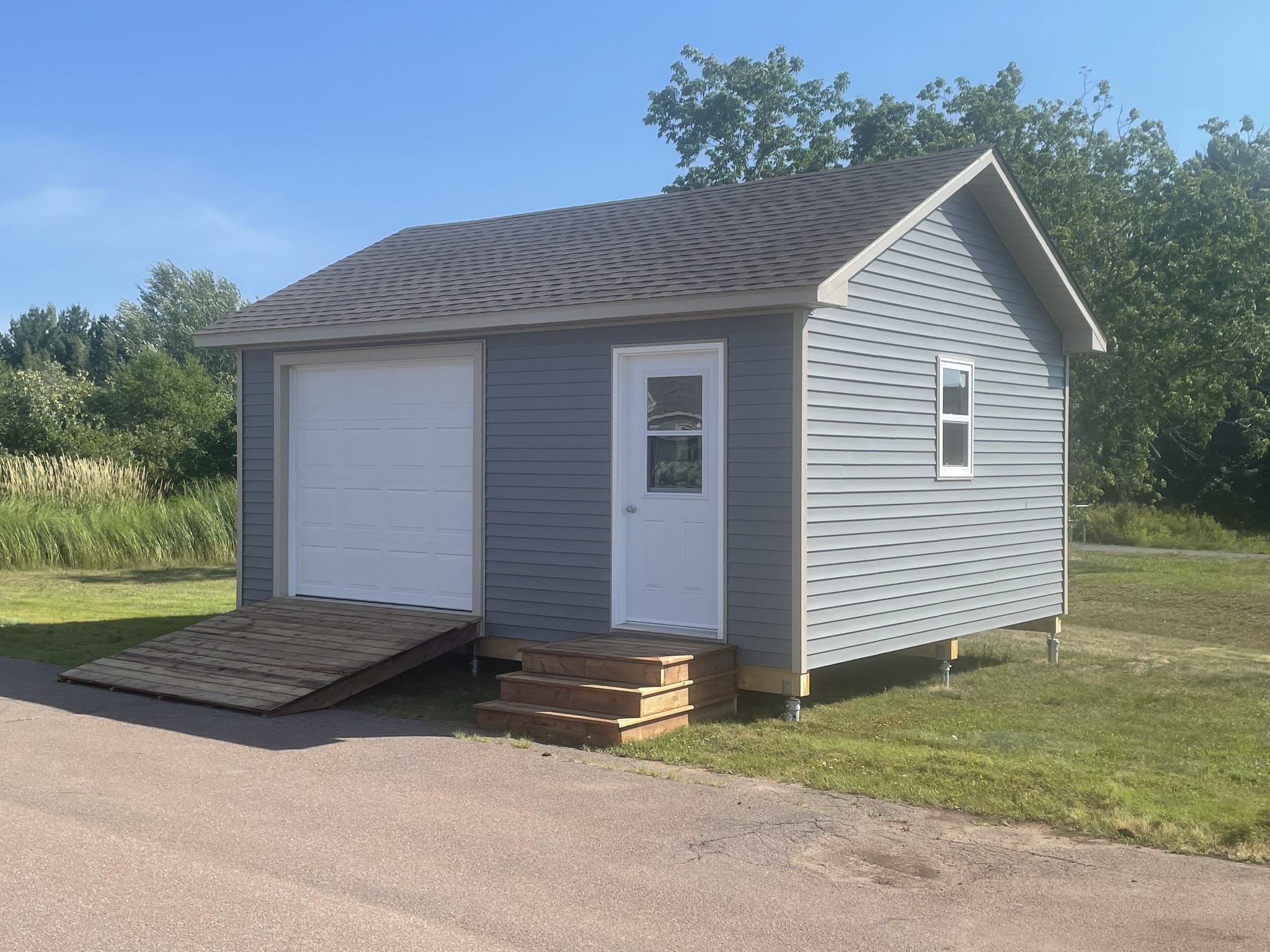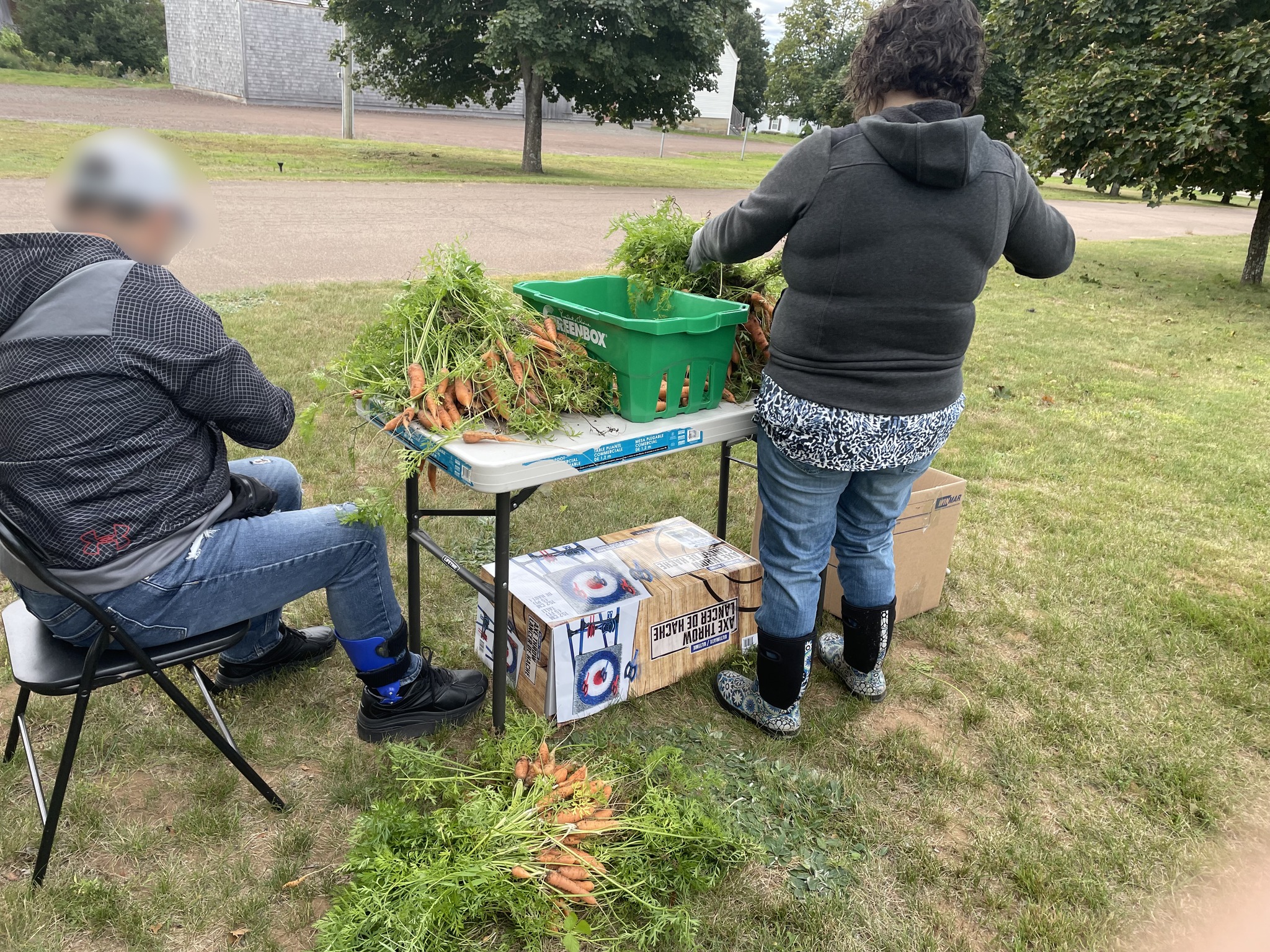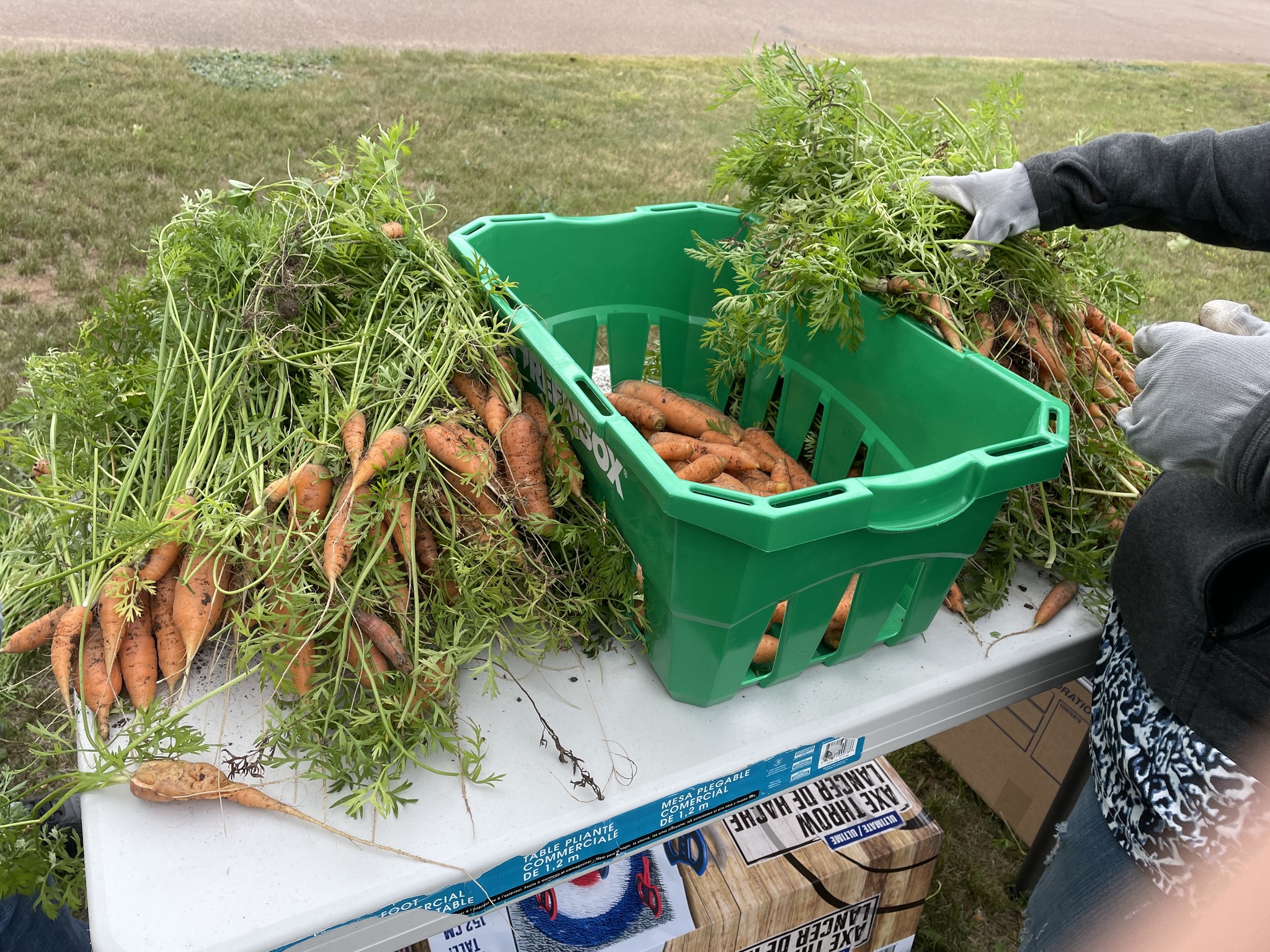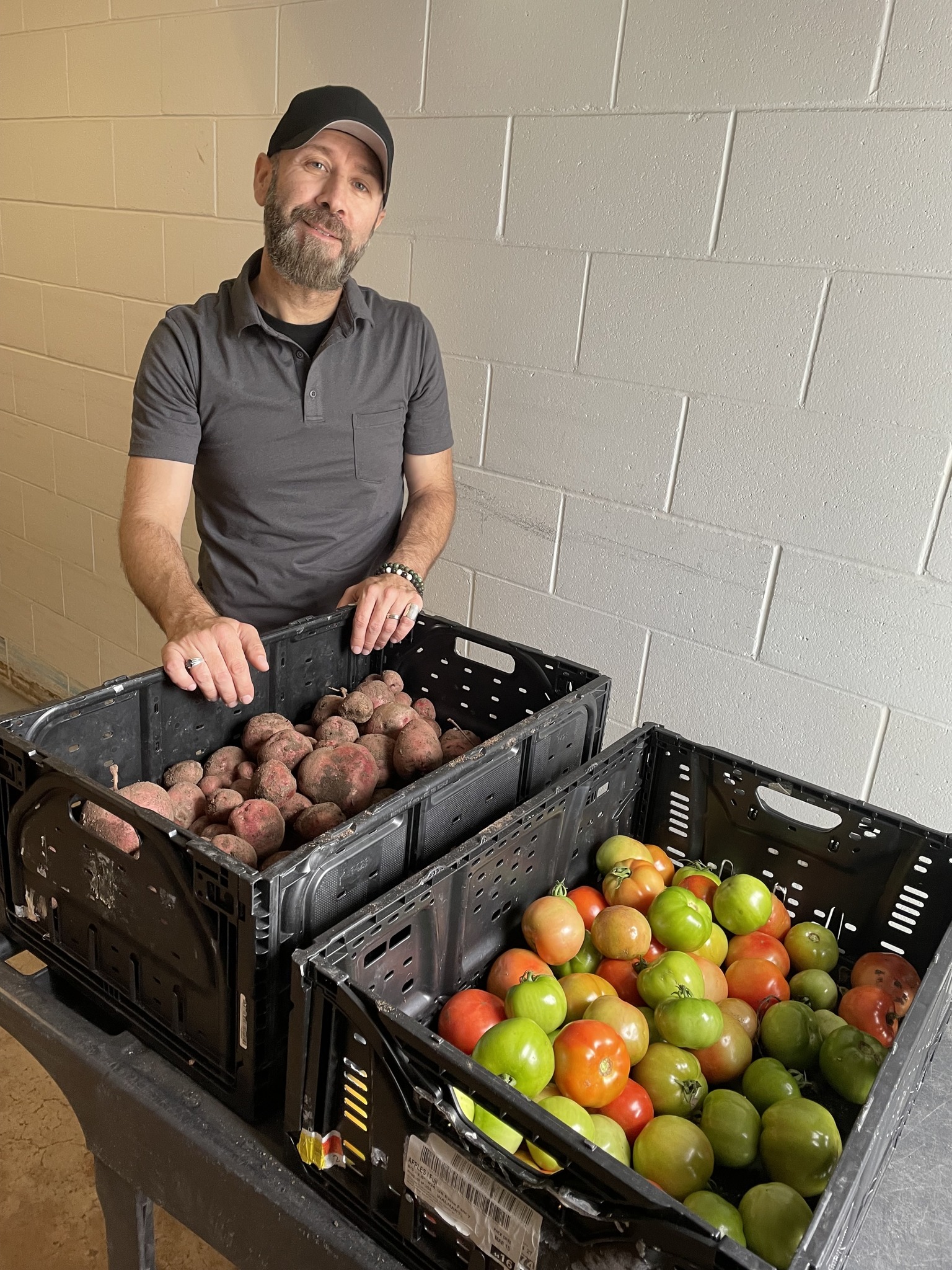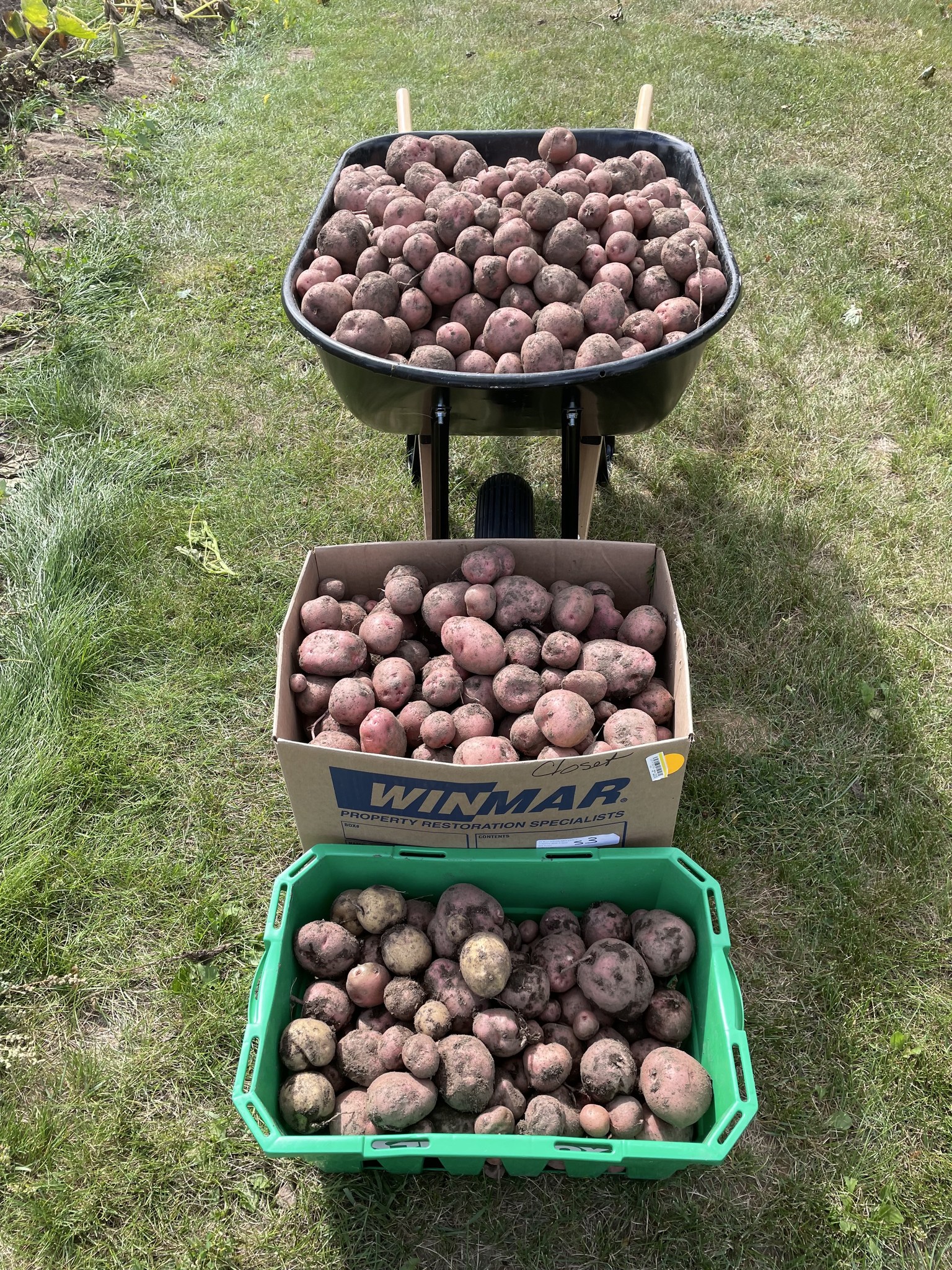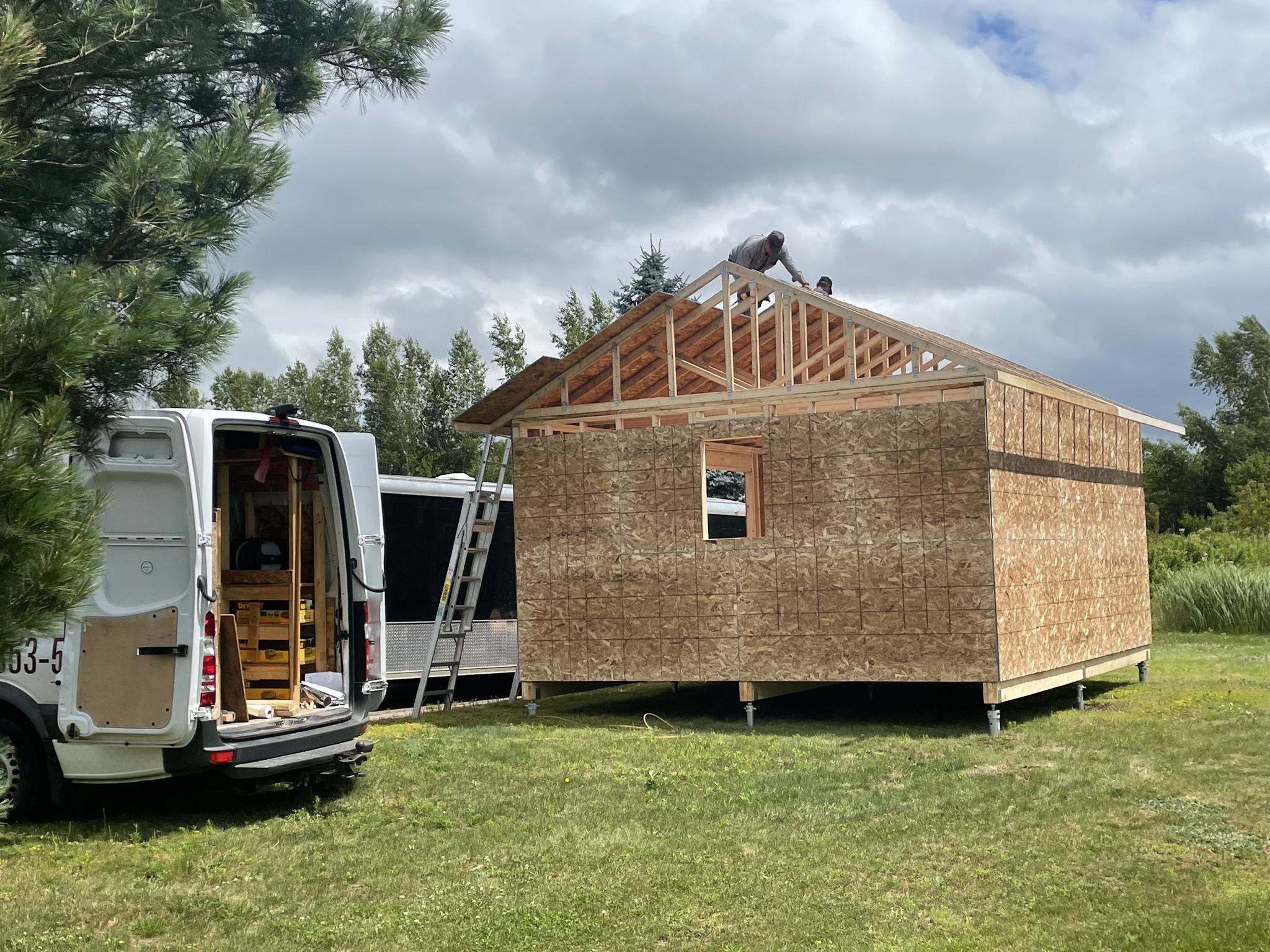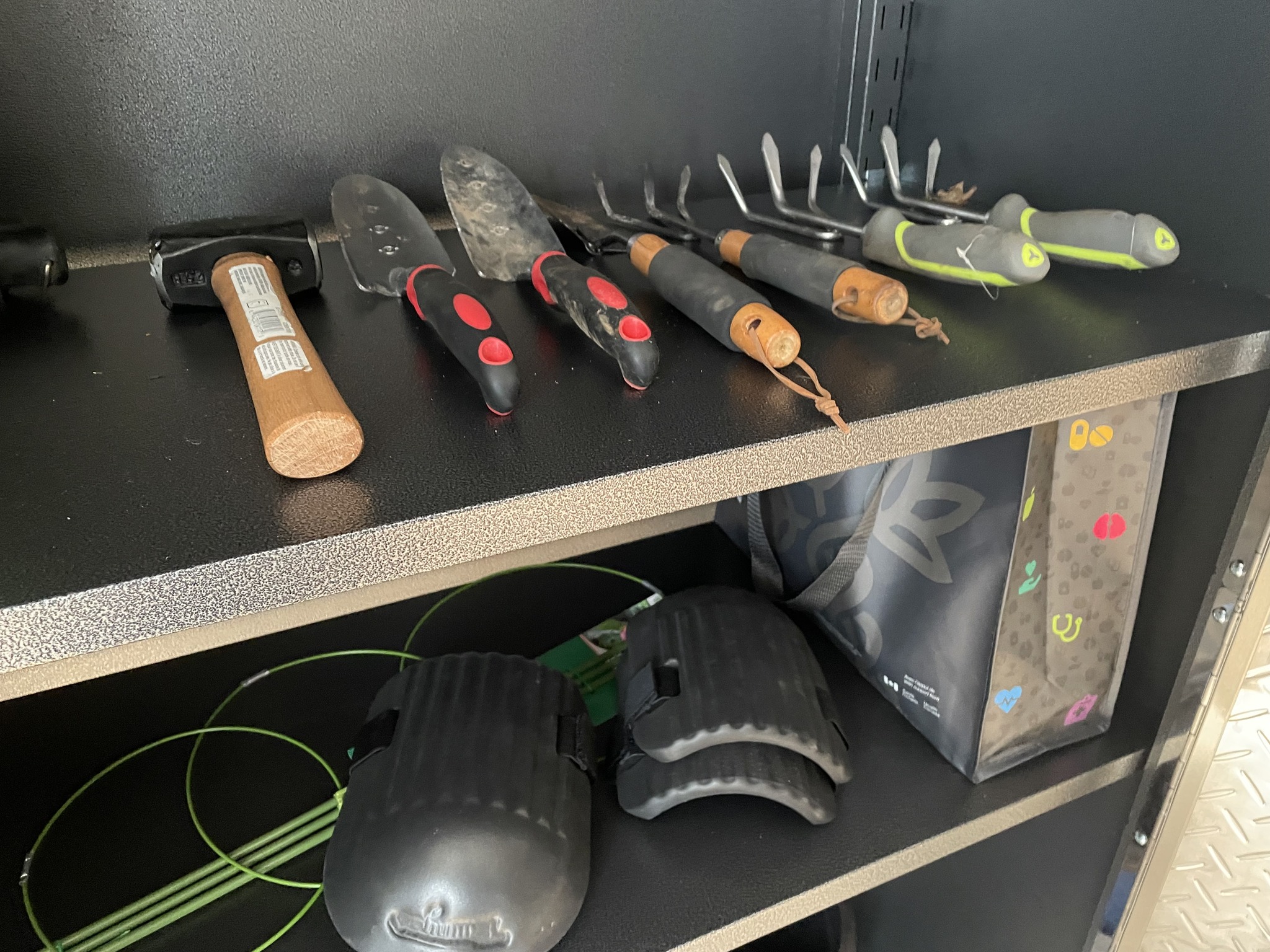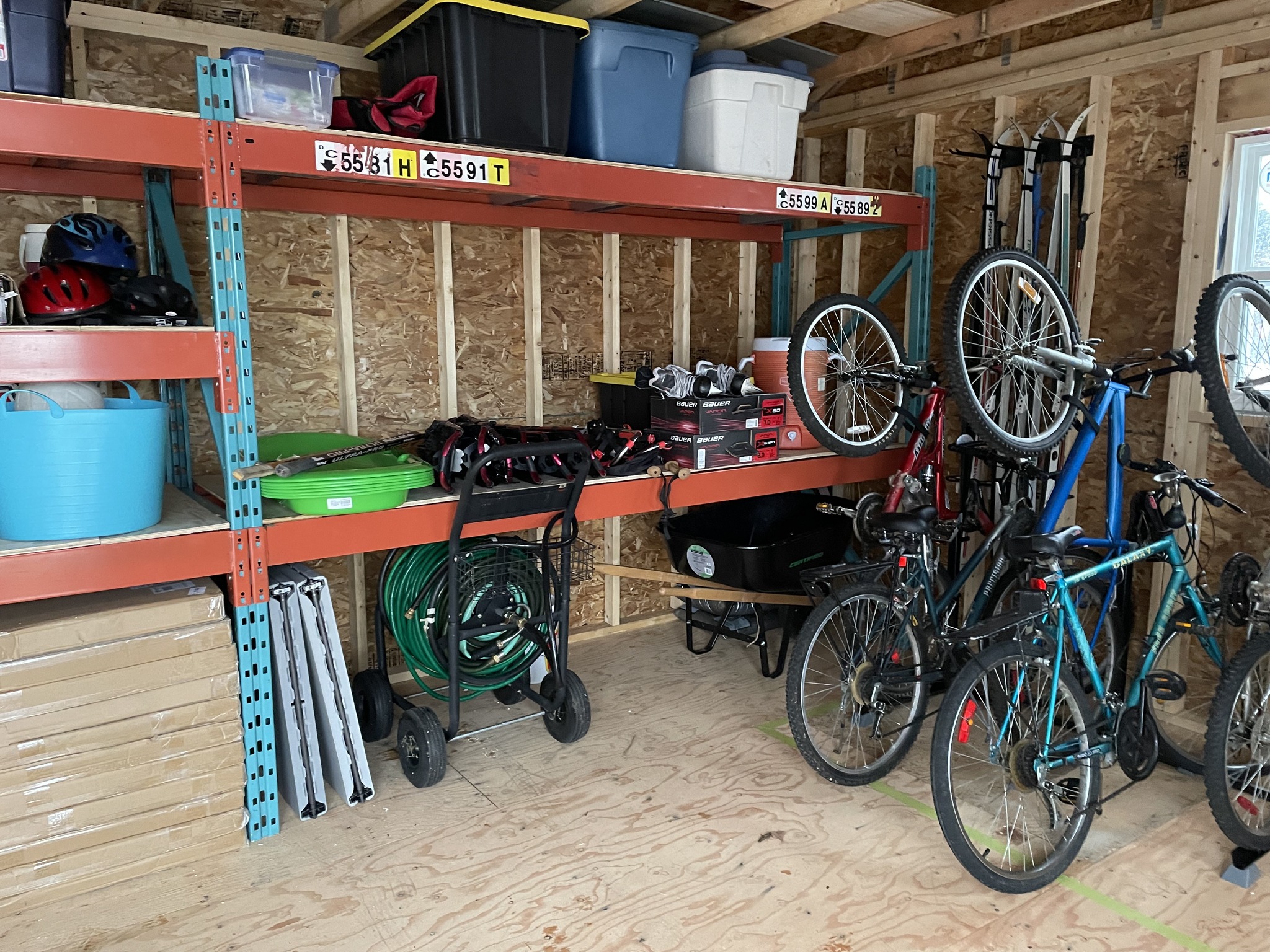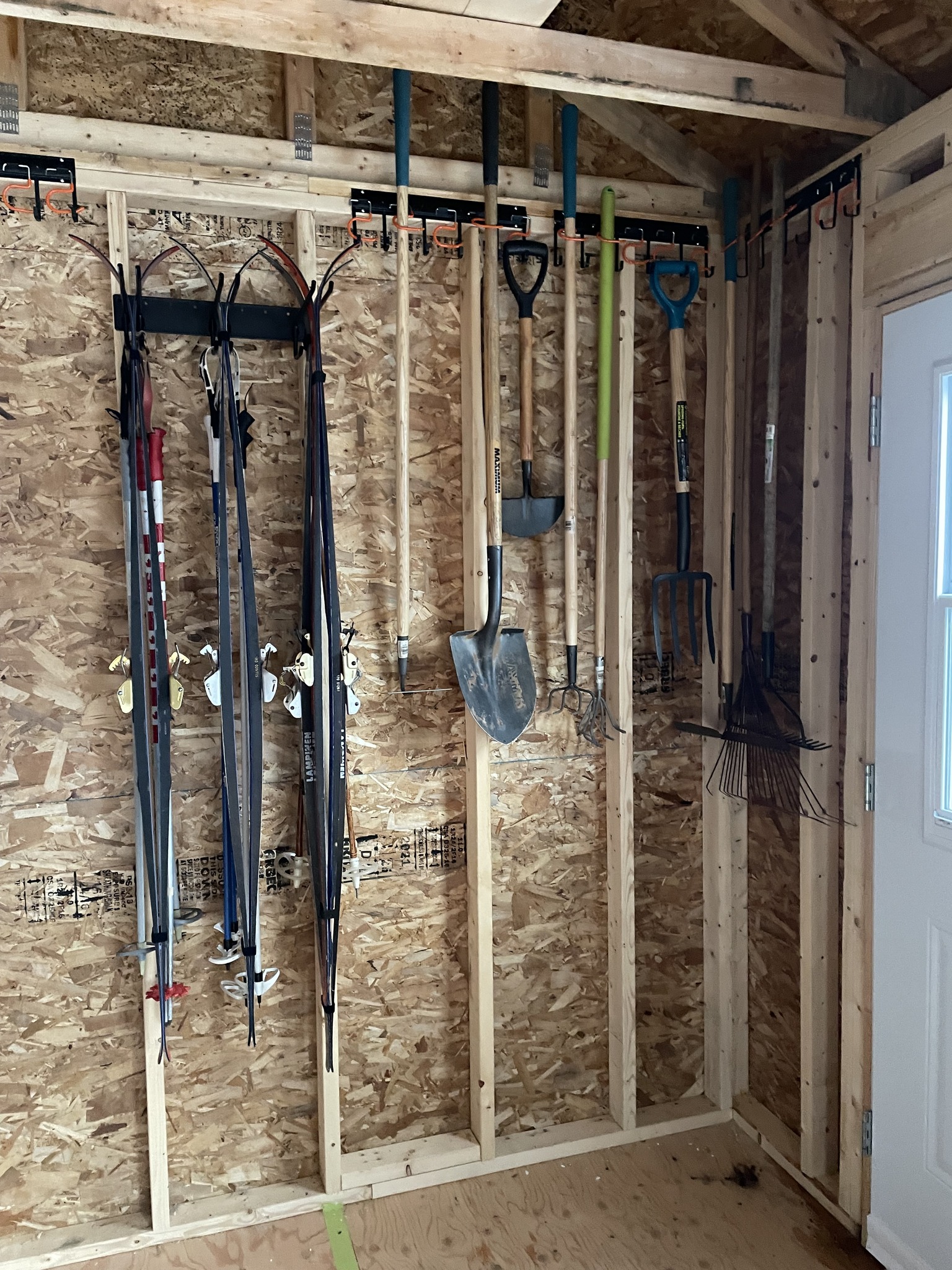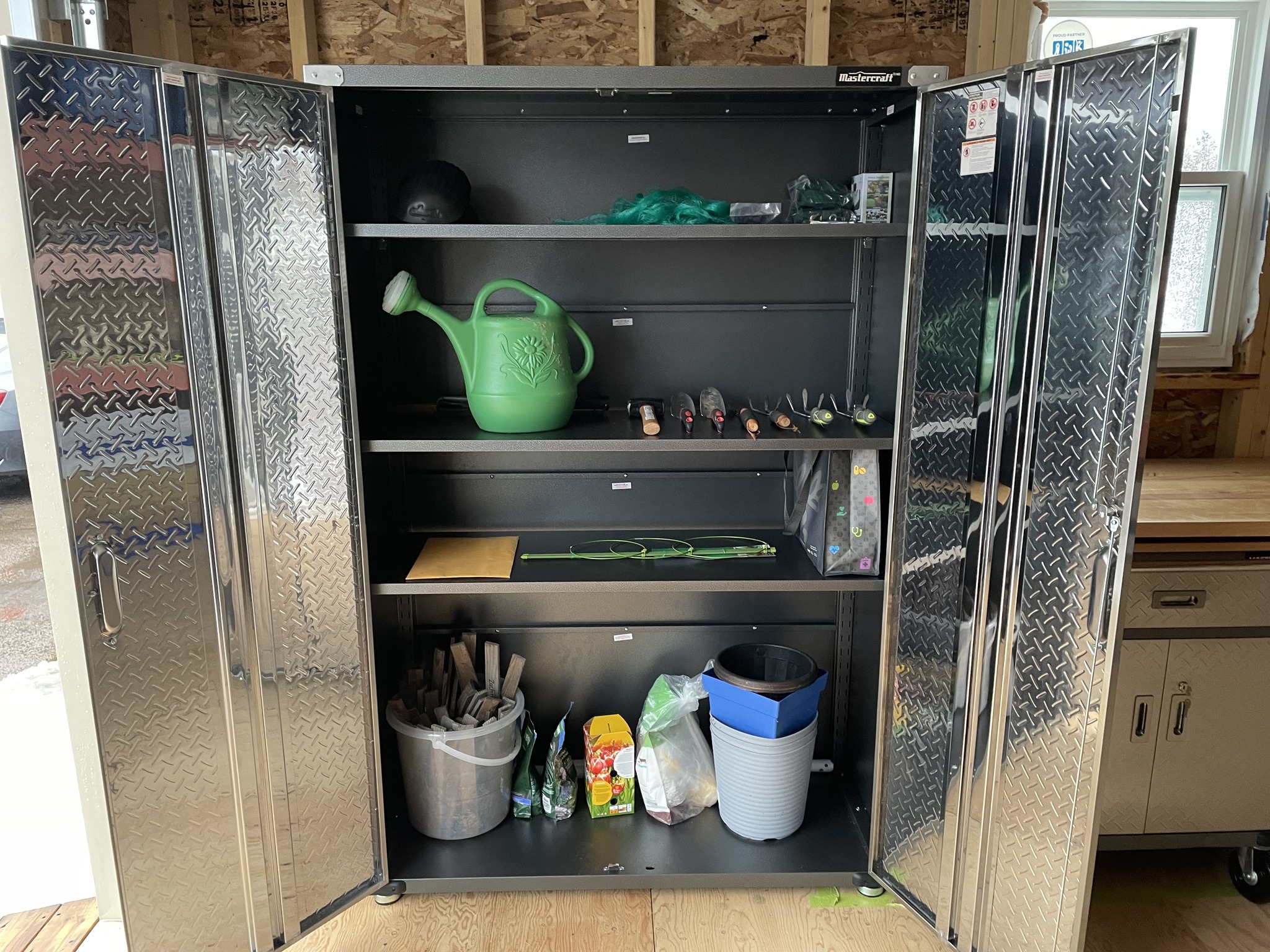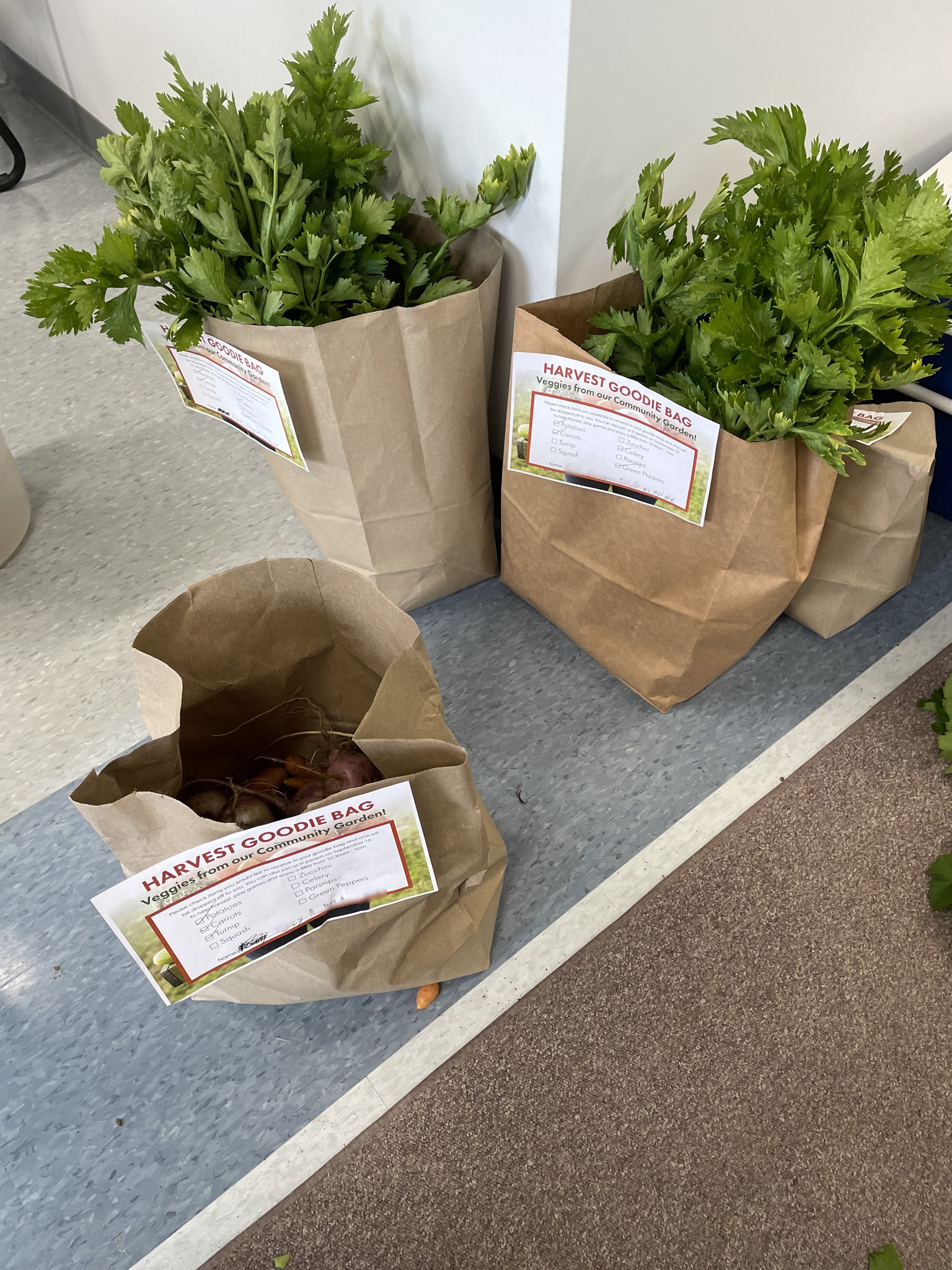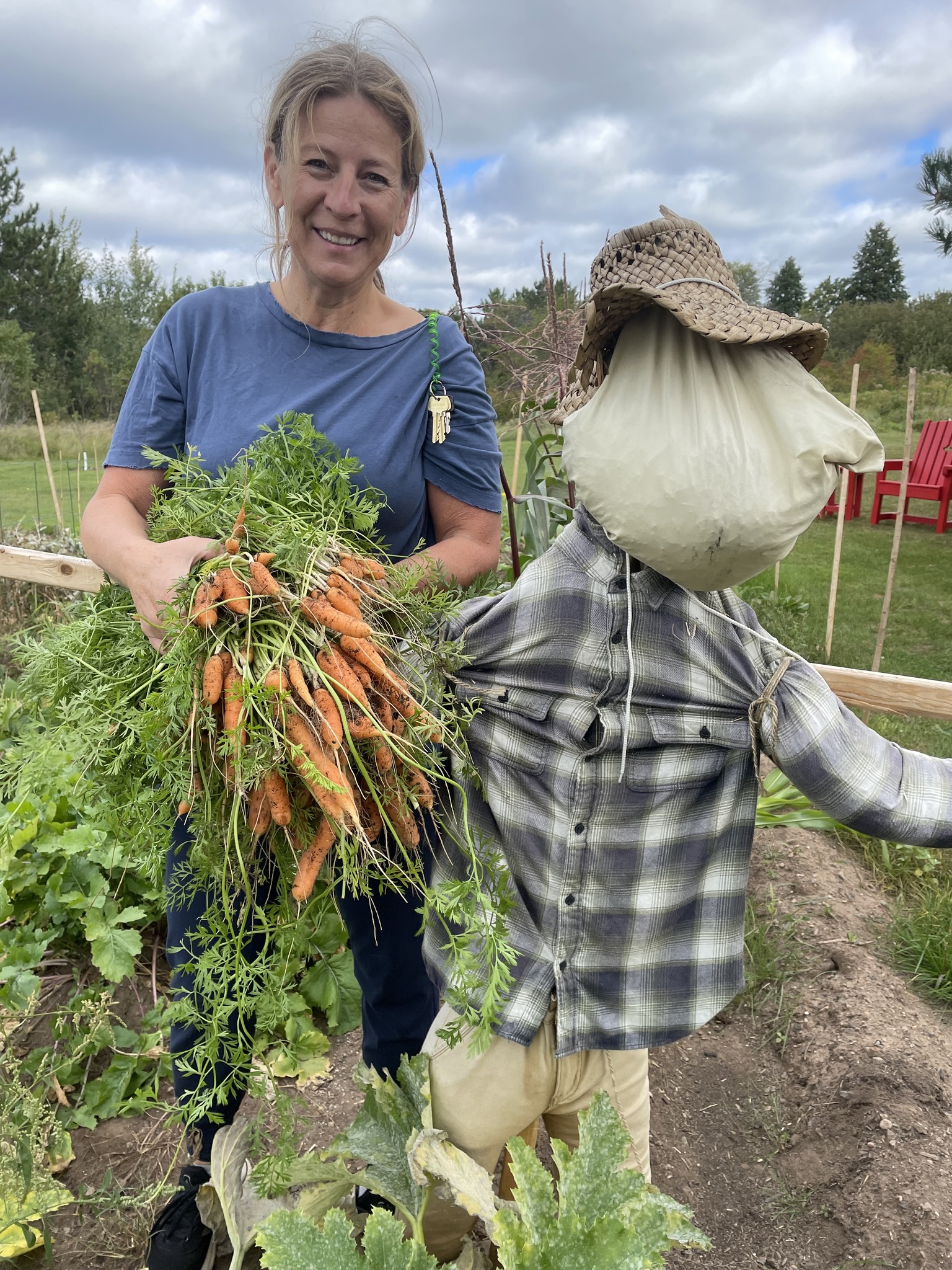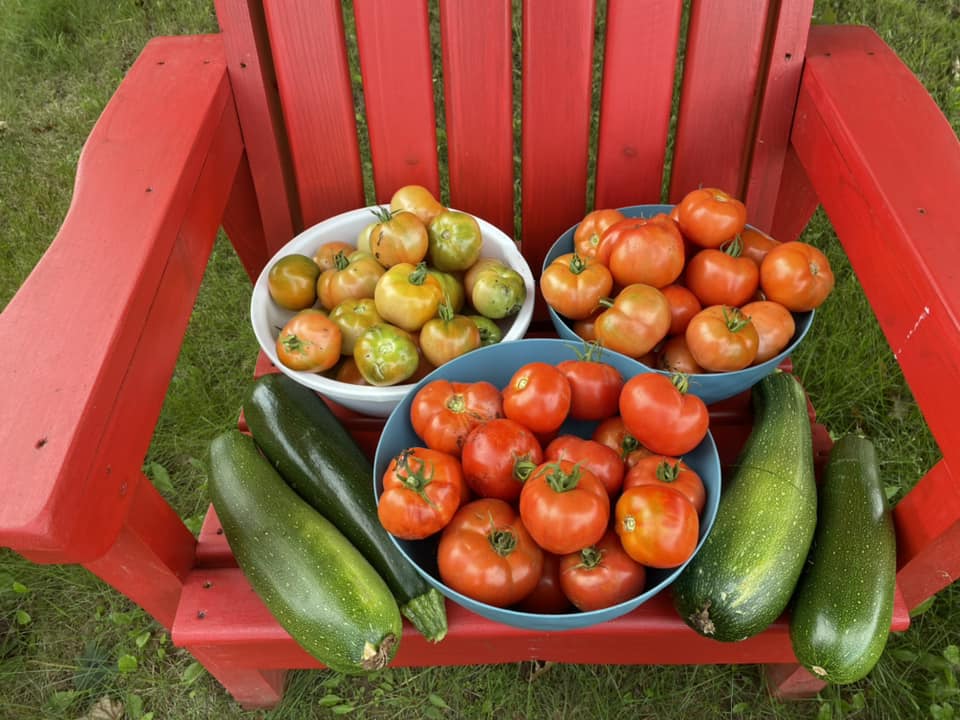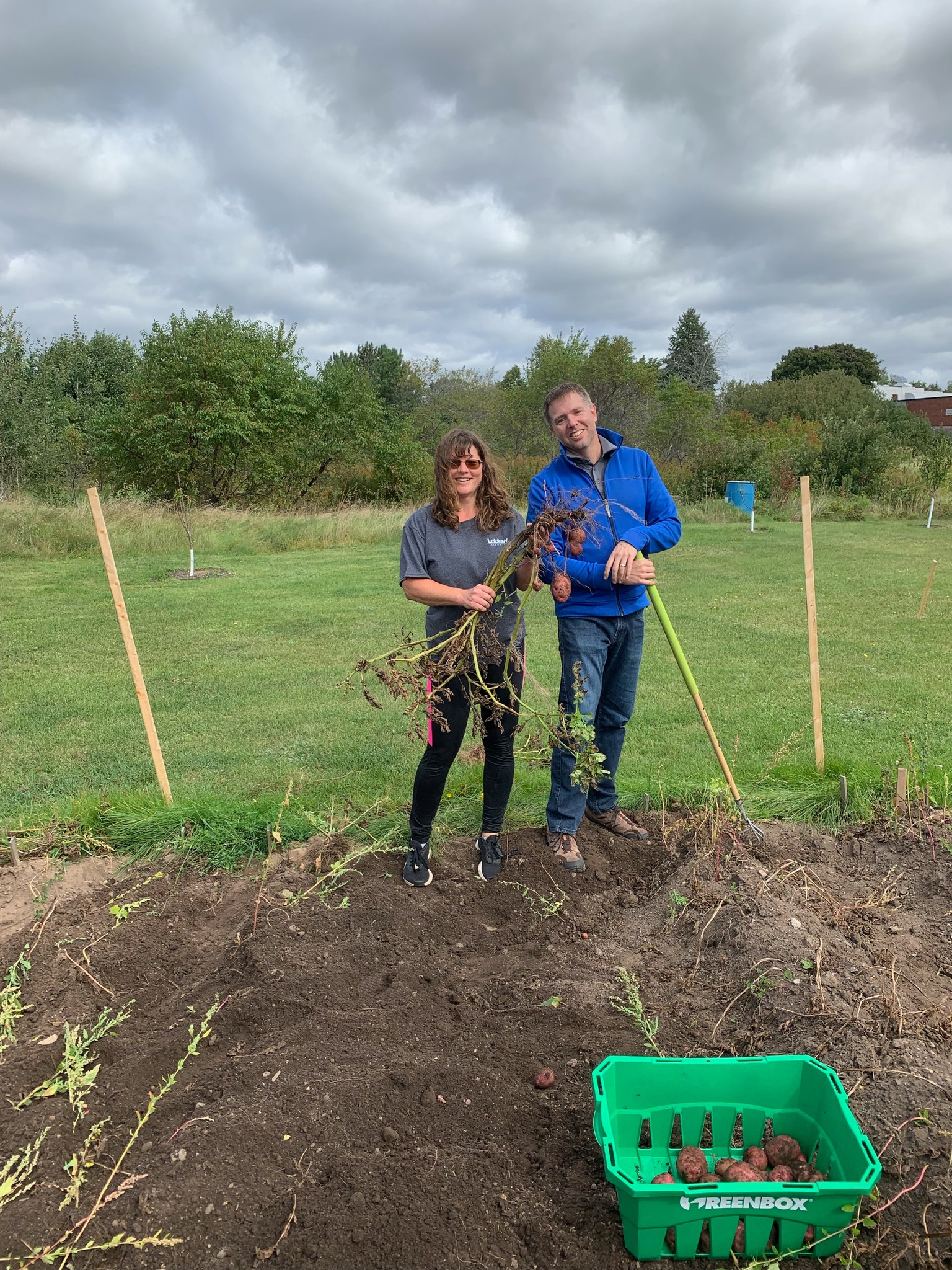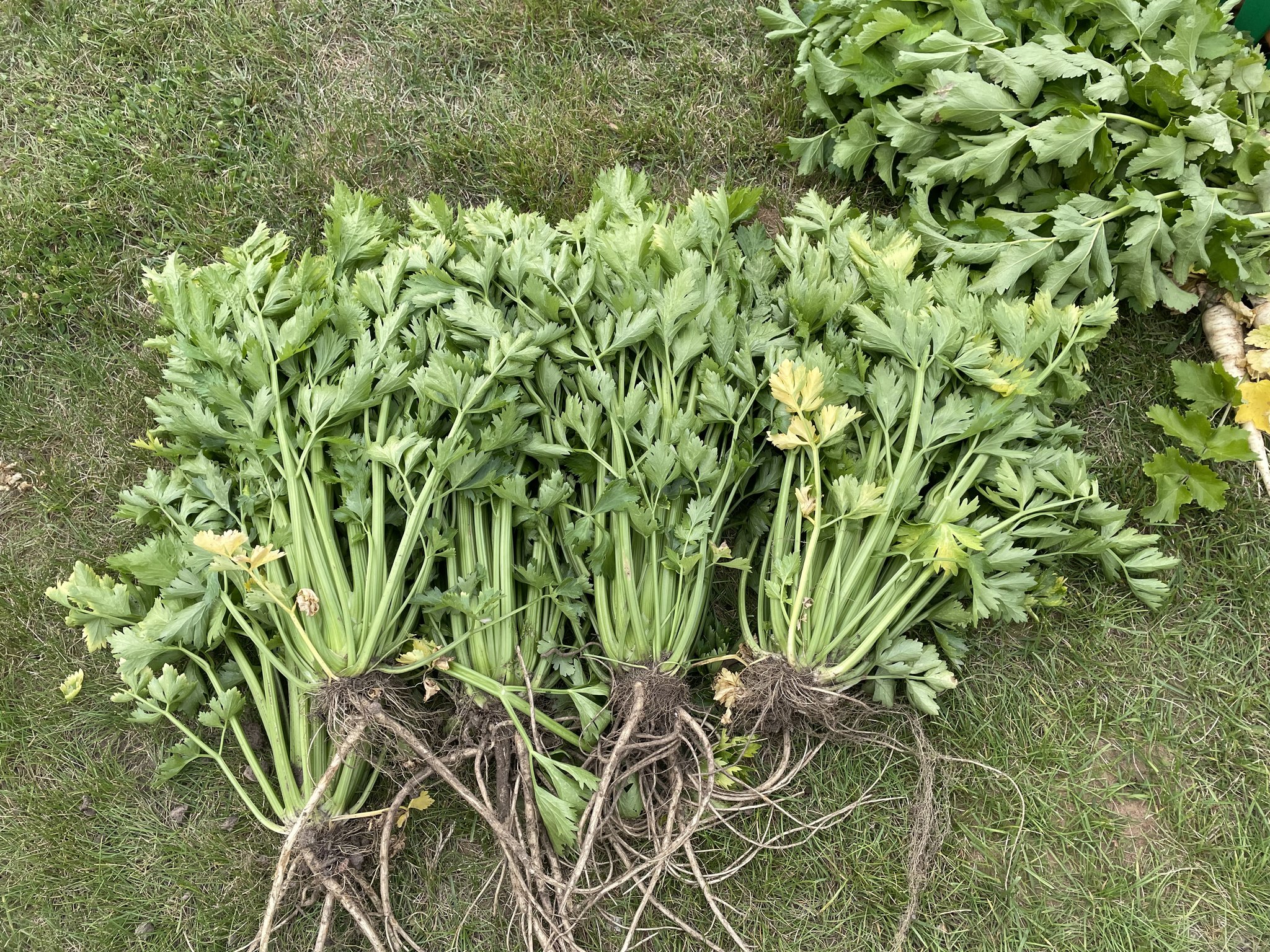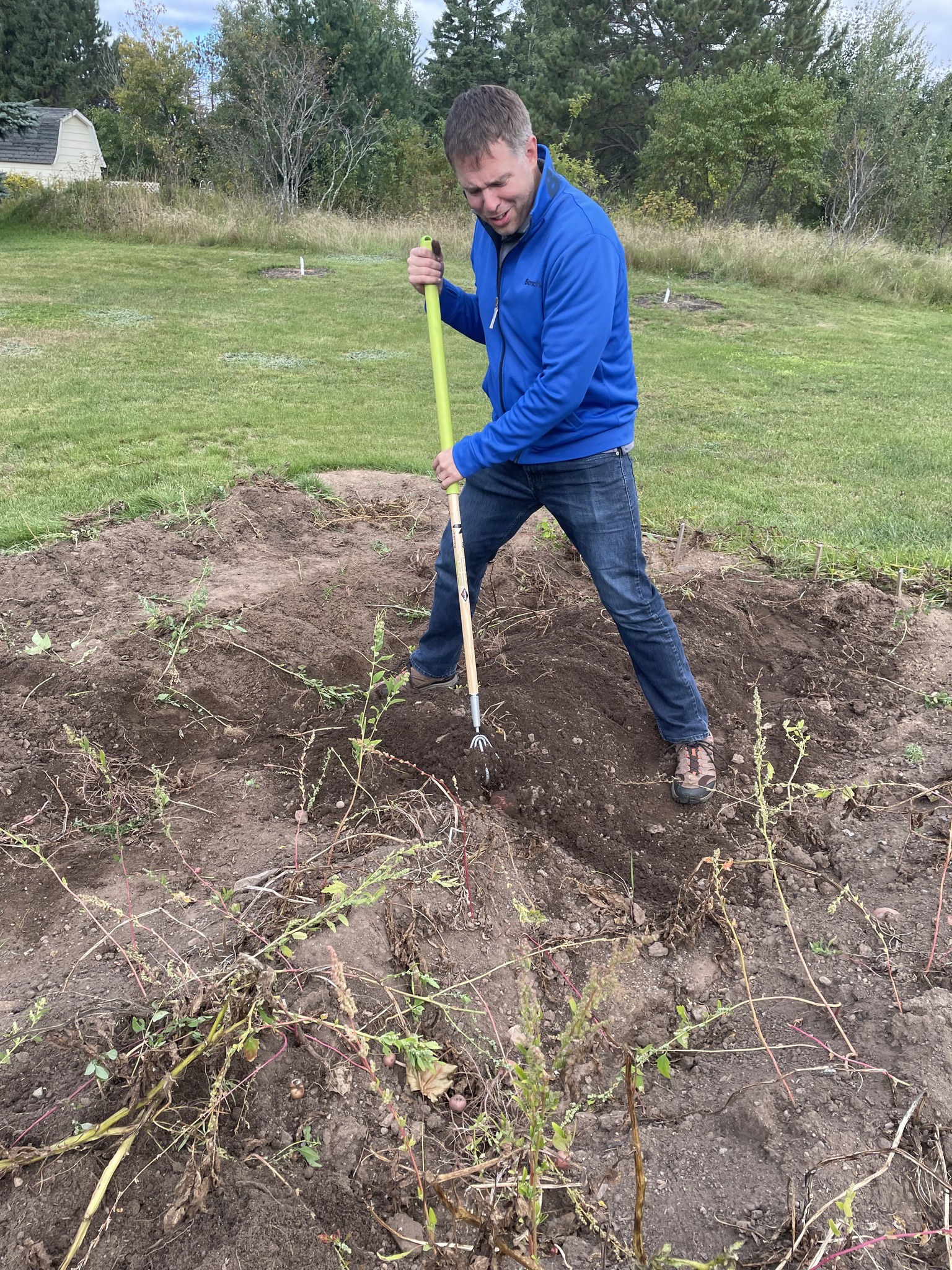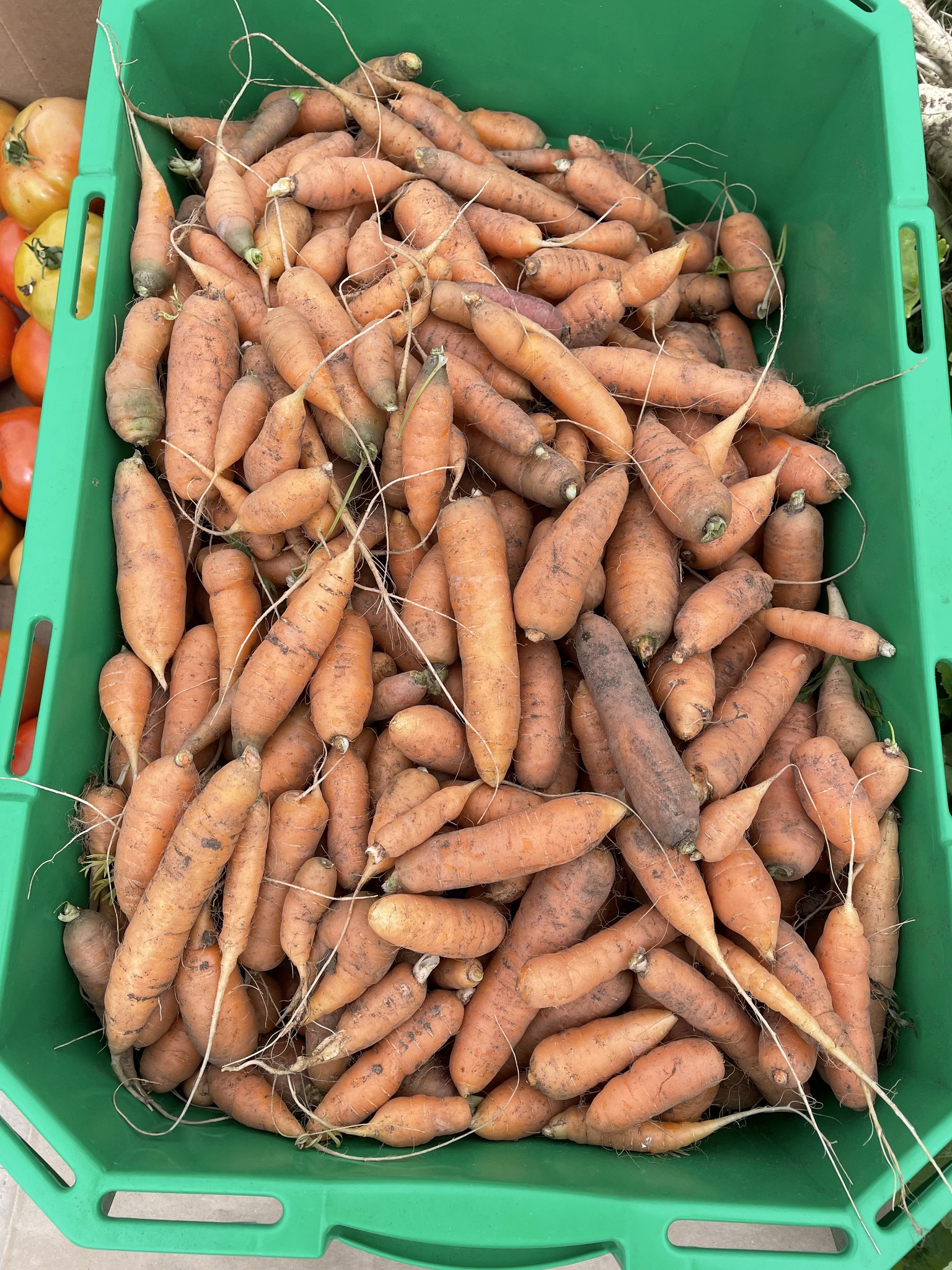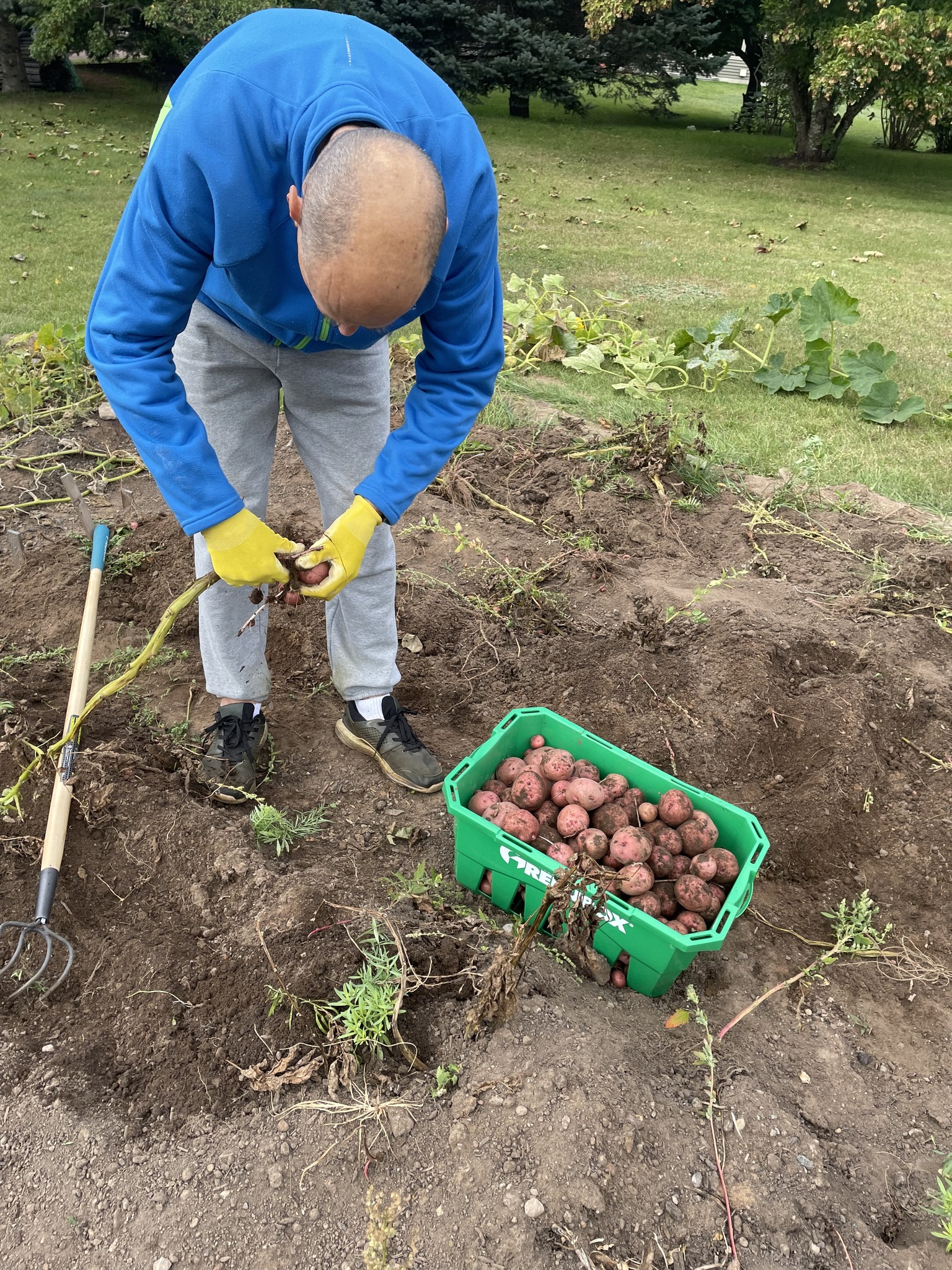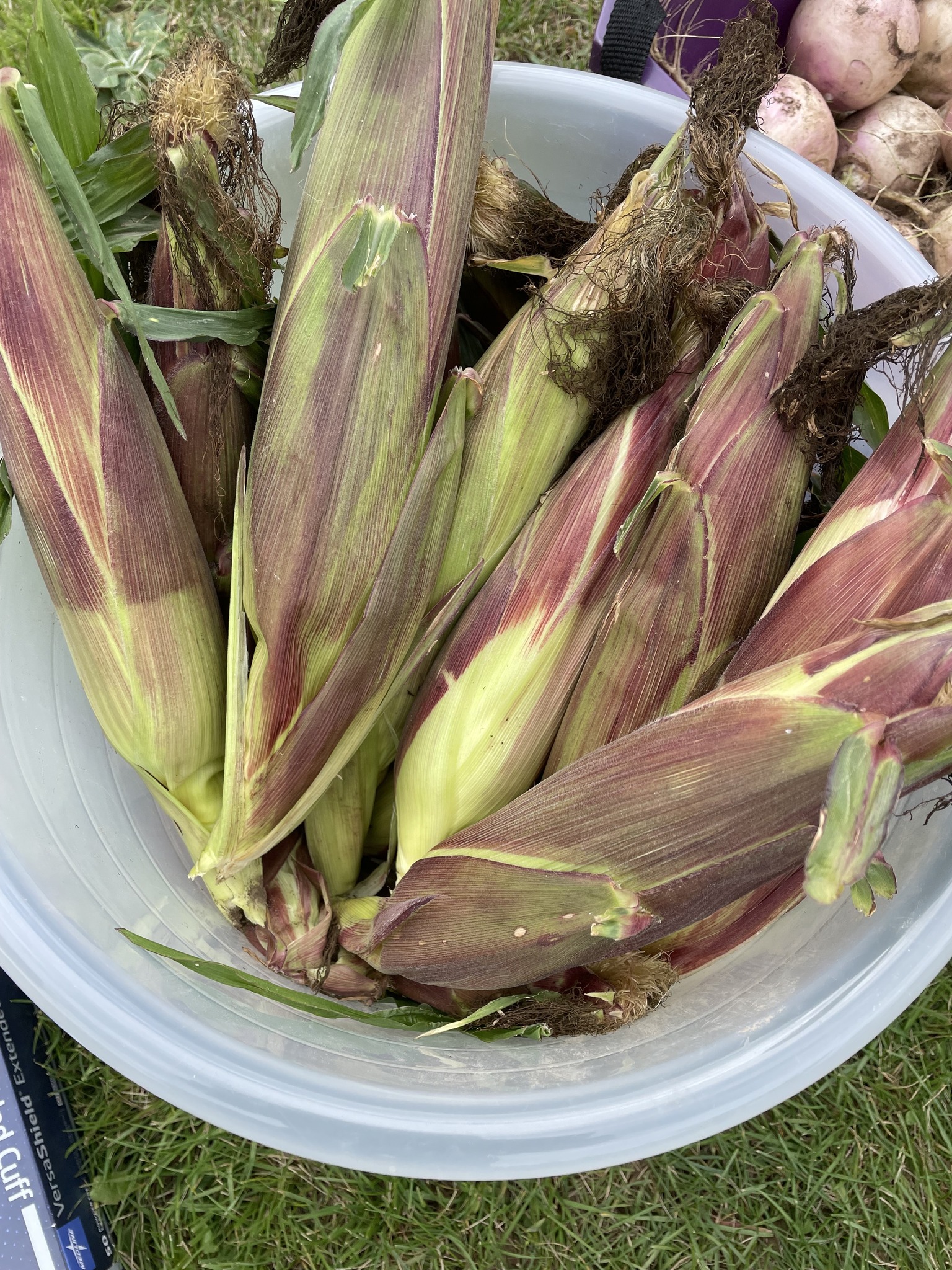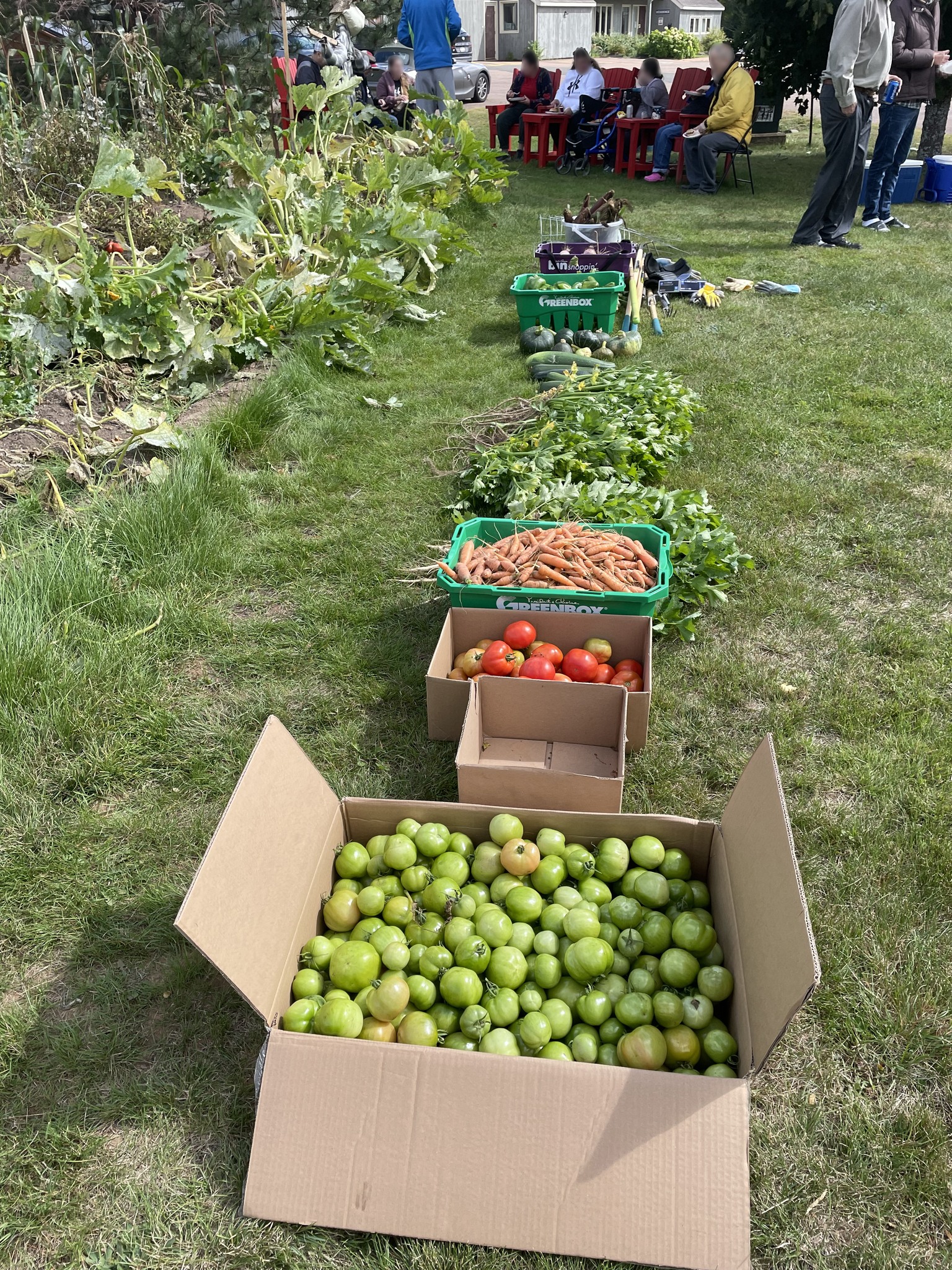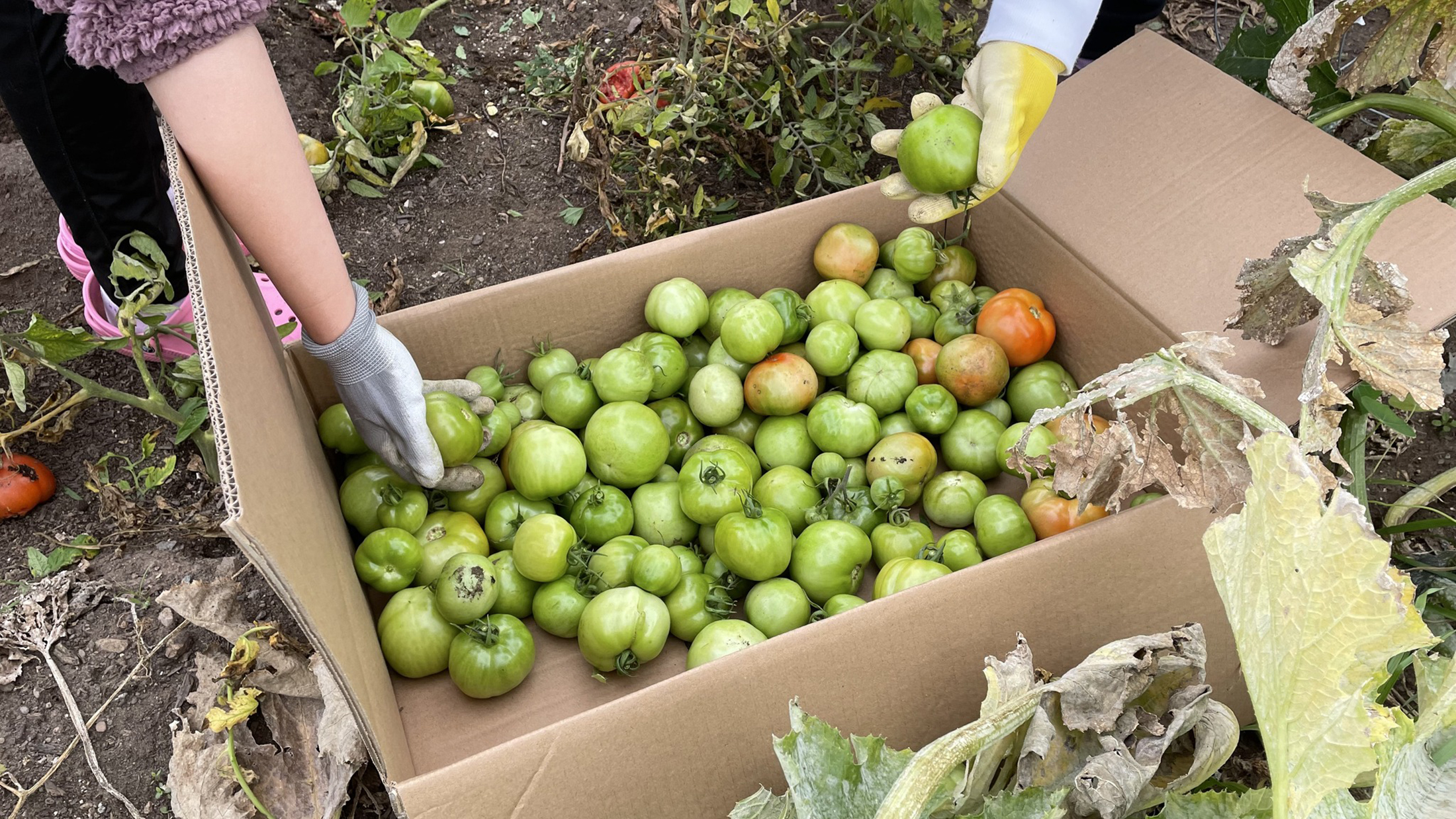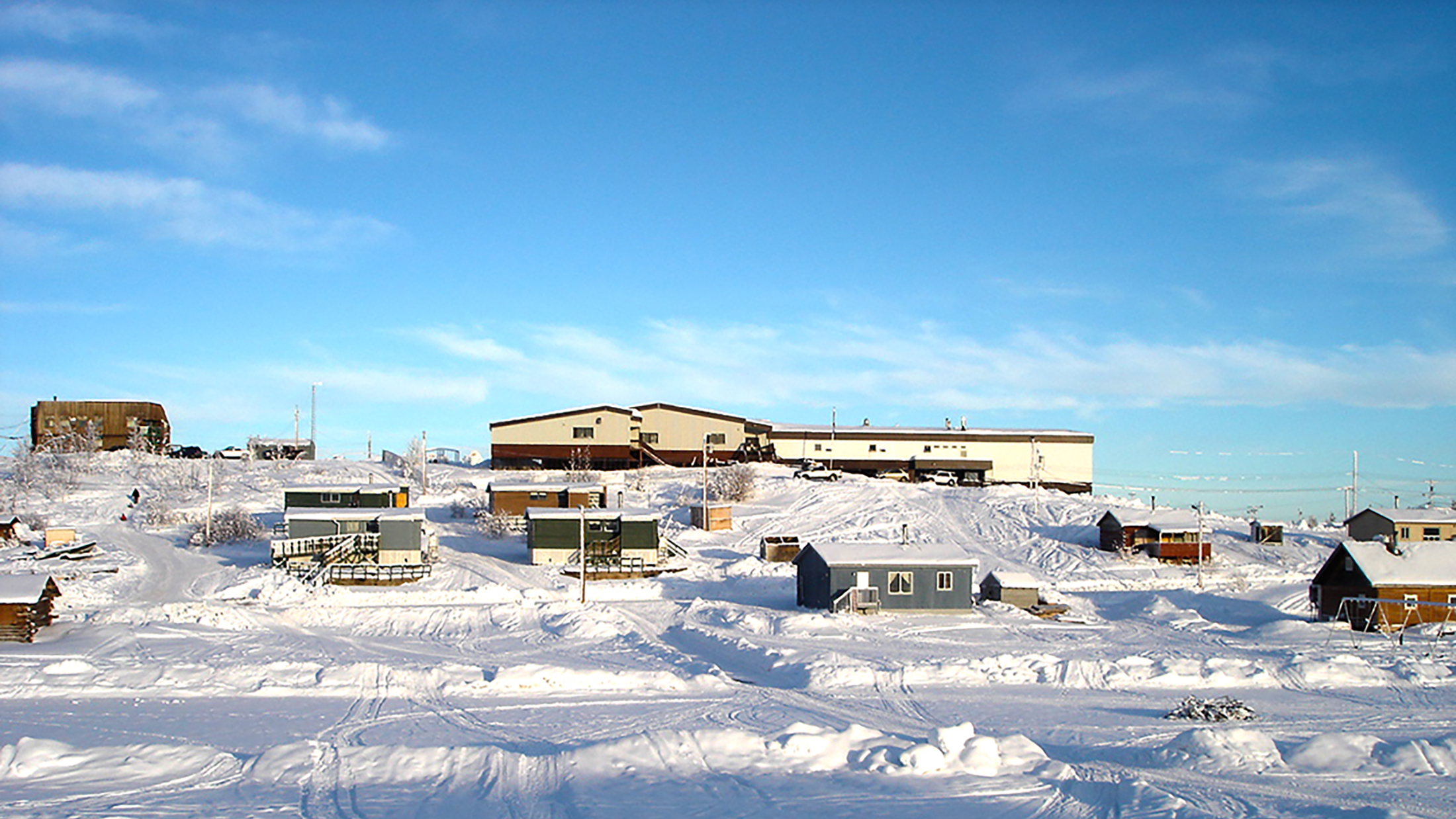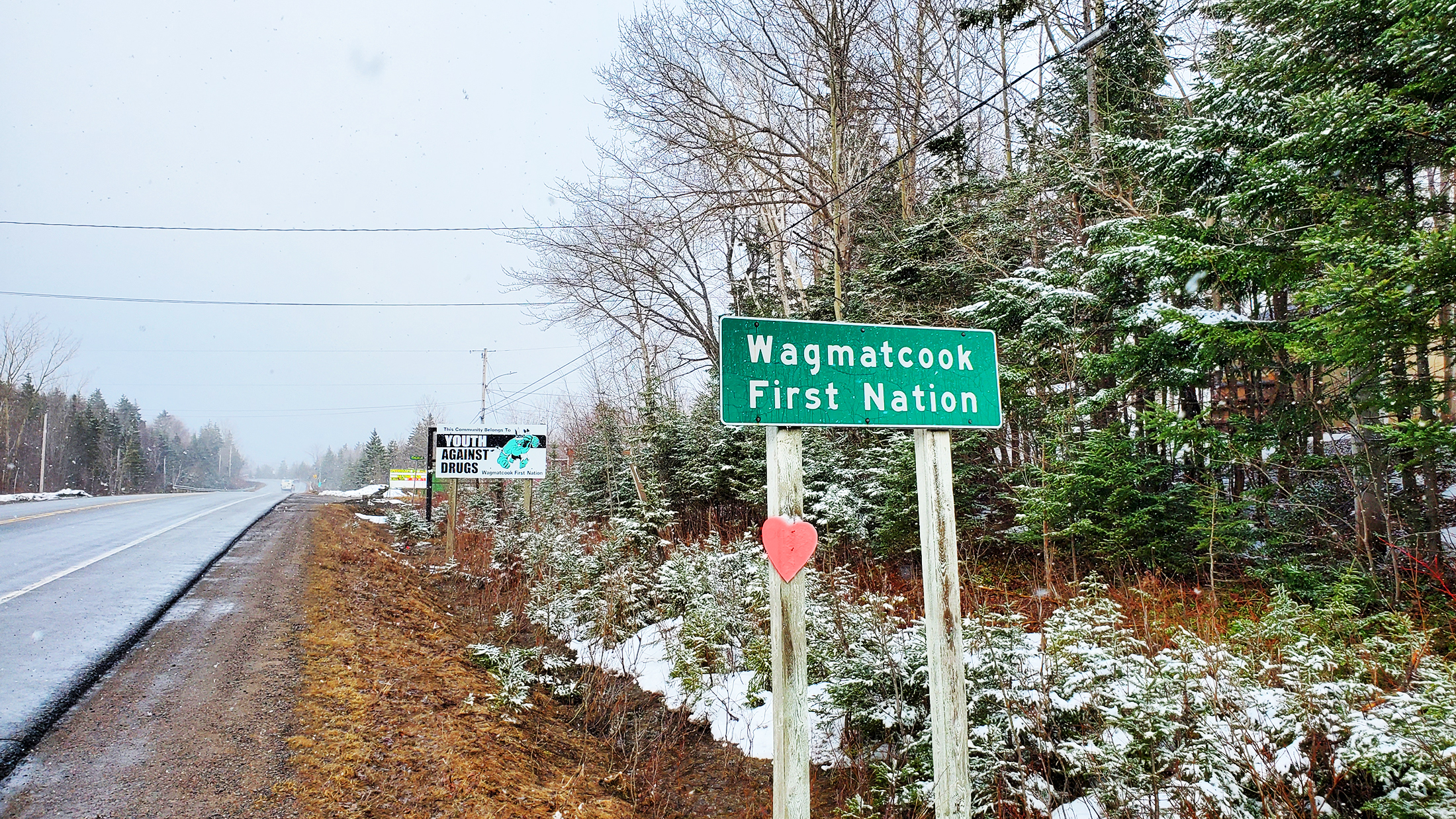Project Summary The charitable organization Alternative Residences Alternatives (ARA) aims to improve the quality of life for people living with mental illness in the community by creating a sustainable and engaging living environment. ARA’s Green Kickstarter Fund project includes developing their community garden and adding a fully stocked activity shack (shed) that will be available to all residents/tenants living in ARA facilities. The goals of the project are to increase community engagement, promote health and wellness programs, and provide opportunities for outdoor activities such as gardening, biking, snowshoeing and walking on park trails for individuals dealing with mental illness.
The community garden provides fresh local fruits and vegetables to the residents as well as gardening opportunities, while the activity shack serves as a valuable resource for the Community Support Coordinator to encourage residents to get involved in their community and prevent isolation. The project also includes adding fencing to protect the garden, a new composting program, inside and outside bike racks, workstations for gardening tools, and solar panels for sustainable lighting in the activity shack.
The project will have a positive impact on the environment by reducing the organization’s environmental footprint through initiatives such as composting, recycling, and gardening. The project also prioritizes community engagement, providing more chances for residents to participate in group activities, learn new skills, and connect with others in the community. In addition to benefiting ARA’s residents, the project has the potential and intent to extend its reach to other vulnerable groups in the future. The organization aims to create an innovative and sustainable community where residents feel part of a larger family, while reducing their environmental footprint over the long term.
Overall, the project aligns with ARA’s vision of providing more than just shelter but creating a thriving, healthy and inclusive community for residents living with mental illness.
